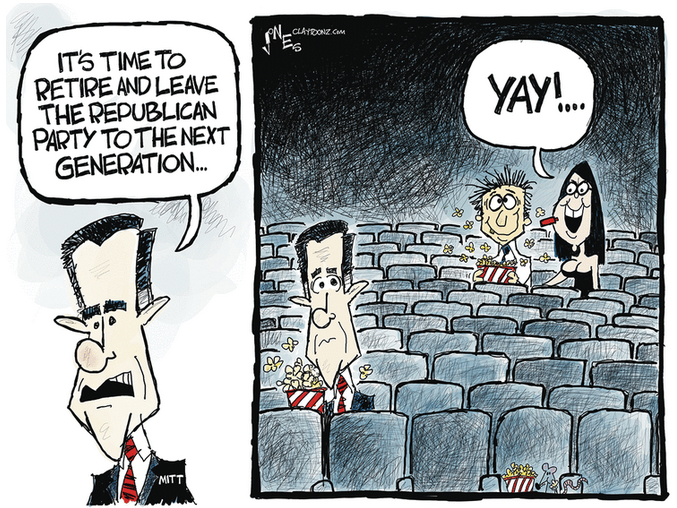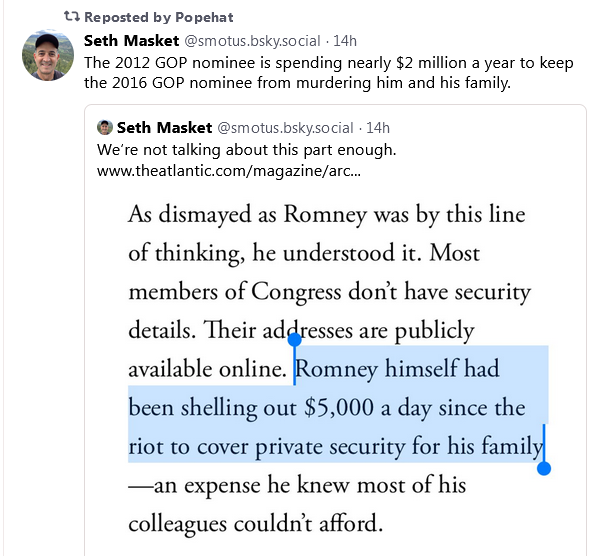During the 2020 primaries, one of my major misgivings about now-President Biden was his foreign policy track record. In my opinion, it was mostly awful during his time as a powerful ranking member on the U.S. Senate Committee on Foreign Relations during the W years. And worse, he seemed proud of it.
Then Biden became president and proved me wrong by having the courage to finally get us out of Afghanistan, signaling he’d learned from the Iraq debacle. His quick action to rally NATO and the persuadable world after the full-scale Russian invasion of Ukraine demonstrated the value of having a person with a ton of experience and connections at the helm.
But now there’s this: (NYT gift link)
The United States is discussing terms of a mutual defense treaty with Saudi Arabia that would resemble military pacts with Japan and South Korea, according to American officials. The move is at the center of President Biden’s high-stakes diplomacy to get the kingdom to normalize relations with Israel.
Under such an agreement, the United States and Saudi Arabia would generally pledge to provide military support if the other country is attacked in the region or on Saudi territory. The discussions to model the terms after the treaties in East Asia, considered among the strongest the United States has outside of its European pacts, have not been previously reported.
Crown Prince Mohammed bin Salman, Saudi Arabia’s de facto ruler, regards a mutual defense agreement with the United States as the most important element in his talks with the Biden administration about Israel, current and former U.S. officials said. Saudi officials say a strong defense agreement would help deter potential assaults by Iran or its armed partners even as the two regional rivals re-establish diplomatic ties.
“Peace in the Middle East” has been the prestige foreign policy white whale that presidents of both parties have chased since I was a child. Even the decidedly abby-normal presidency of Donald J. Trump included a run at peace in the Middle East via the so-called “Abraham Accords,” which supposedly squared things between Israel, the UAE and Bahrain. The Trump people still crow about that, having few other bits of normal presidenting to tout.
And now it appears the Biden admin is pursuing a peace in the Middle East deal too. To what end? Does anyone think for a minute Prince Mohammed bin Bone Saw won’t flip off the oil pump next year to help sleaze the Trumps back into office? Or that Netanyahu won’t continue to break his country’s previous bipartisan approach to its major ally to openly side with Repubs and undermine Democrats every chance he gets?
Josh Marshall asks the right question at TPM: What’s in it for us?
What does the U.S. get from giving a strong security guarantee to a country, the Kingdom of Saudi Arabia, that is now largely hostile to the U.S. on behalf of another country, Israel, that is increasingly annoying and meddlesome at best? This isn’t the 1990s or even the aughts when the Middle East was a region made up mostly of various sorts of fairly-locked-in U.S. allies, albeit ones with major disagreements amongst themselves…
The U.S. partnership with Saudi Arabia, stretching all the way back to the 1940s, was always uncomfortable and even unseemly. But for decades the Saudis were supporters of high level American interests and guarantors of price stability in global oil markets. At least that was the idea. Today they appear more in league with Russia than the United States, certainly in world oil markets and beyond that as well. They openly bid China against the United States for their favor.
We live in a different world today. The Saudis have as much right to pursue their own interests as any other sovereign country. But again, what would the U.S. be getting in return for any of this?
The only clear answer I can see is: nothing.
I don’t see the U.S. benefit either. Neither country is trending in a good direction on human rights and democratic governance — quite the opposite. Neither proposed partner is trustworthy, though it’s important to keep in mind that diplomacy almost by definition requires managing relationships with scoundrels and bloodthirsty sociopaths.
Biden has exceeded expectations in the foreign policy side of the job so far, IMO. He’s earned the benefit of the doubt, at least in my book. Maybe he’s got something up his sleeve here. But I don’t see it so far. What do you think is going on?






